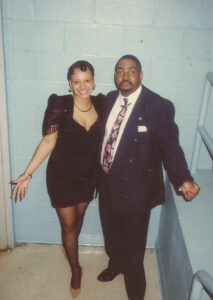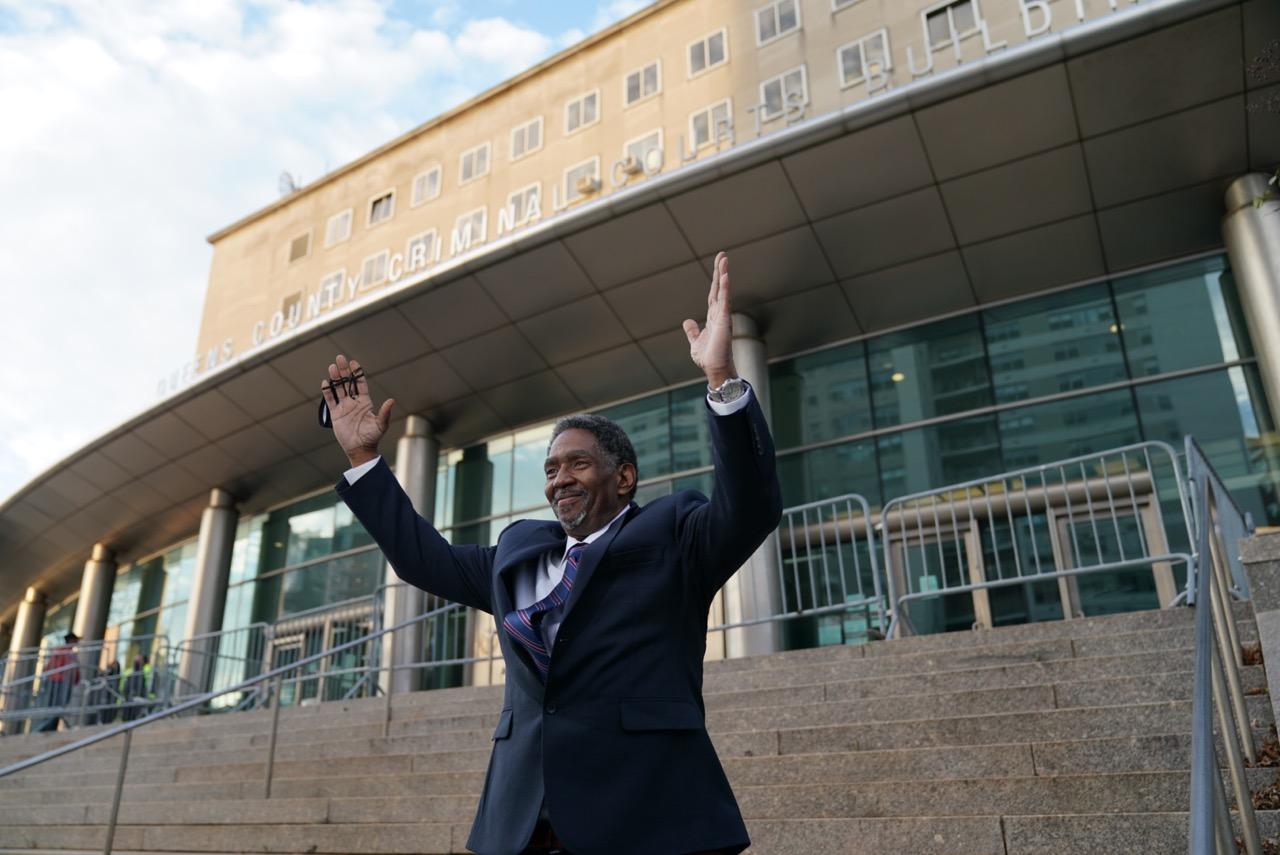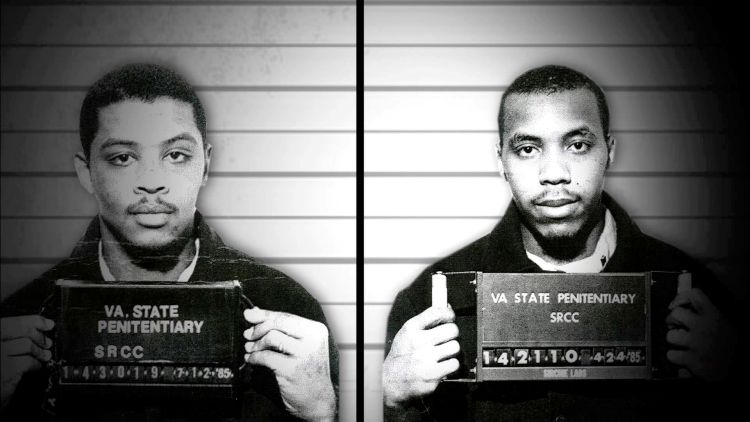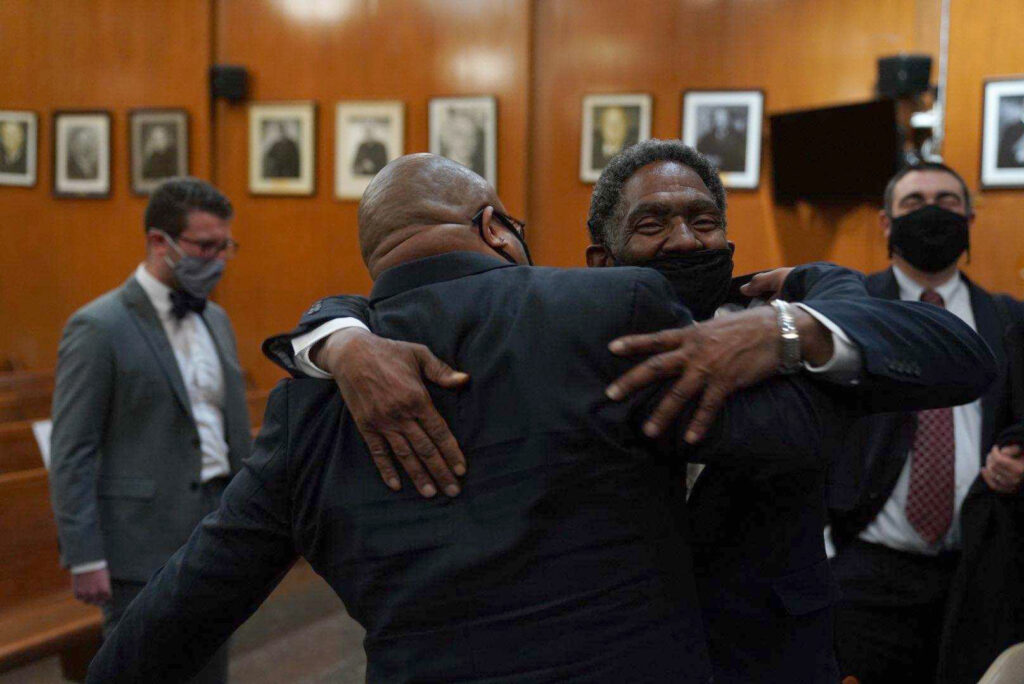‘I Never Thought This Would Happen’: Jaythan Kendrick Is Exonerated in Queens After 25 Years
11.19.20 By Daniele Selby
Jaythan Kendrick spent over a quarter of a century trying to prove his innocence. On Thursday, Judge Joseph Zayas vacated his conviction, bringing his fight to an end and Mr. Kendrick walked out of the Queens County Supreme Court in New York City as a free person for the first time in 25 years.
“I’m very, very happy today because I never thought this would happen, although I hoped and wished that it would,” said Mr. Kendrick at his hearing.
“I’ve just known one thing for the last 25 years: I did not commit this crime … Nobody really understands what it is to be in prison when you are innocent and you know you’re innocent and you’re behind that [prison] wall,” he continued.

(Image: Courtesy of Jaythan Kendrick)
Mr. Kendrick was exonerated from a 1995 murder conviction based on newly discovered witnesses and DNA evidence that supported his long-standing claim of innocence.
His fight for justice began in November 1994, when Mr. Kendrick, then a postal worker on leave due to his disability, was arrested for murder. The victim was a 70-year-old woman who was stabbed during a robbery at Ravenswood Houses, the housing project in Queens in which Mr. Kendrick lived. Within hours, police locked in on the Army veteran, pursuing him as their main suspect, though he had no criminal record, based on a 10-year-old boy’s description of the attacker.
The child — who saw the crime from his third-floor apartment, over 100 feet away from the attack — was one of two witnesses whose testimony the prosecution used as primary evidence to convict Mr. Kendrick. The other was a man who initially claimed he had not seen the attacker, but later changed his statement to corroborate law enforcement’s theory that Mr. Kendrick had committed the crime. The man was, at the time, on probation for another, unrelated crime. Years later, his testimony was wholly discredited.
“This is a textbook case of wrongful conviction exposing the worst flaws in our system — racial profiling, unduly suggestive identification procedures, and a lack of police accountability at very least,” said Susan Friedman, Mr. Kendrick’s Innocence Project attorney.



@Ben Brown
“He should be given several million $$, and the prosecutor should be charged and convicted of a serious crime”
But nor first one neither second one will.
Police and prosecutors in USA have immunity stating that:
•Police can’t be sued for mistakes. To win money from police you must prove their actions were intentional, which won’t be possible in this case
•Prosecutors can’t be sued at all, nor have criminal trial for misconducts.
Thanks to immunity participants of the trial in USA have 70% of wrongly convicted in USA are unable to sue any person and any institution that caused them to be wrongly convicted.
PS: https://www.oyez.org/cases/2010/09-571